Congregate Care
Congregate Care - Rightsizing and Redesign: Young Children, Voluntary Placements and a Profile of Therapeutic Group Homes (August 2011)
- How long are children in a congregate care program?
This depends on the treatment needs of a particular youth and family. Length of stay is individualized and will depend on clinical goals and progress. Residential care should be short term and the goal is to return youth to home and communities as soon as possible. - Where are these programs located?
Residential programs are located across the state. Although efforts will be made to keep youth close to their own communities, it cannot be guaranteed. Placement in a program will be guided by clinical needs. Once a child is placed in a residential program, efforts will be made for transportation and family visitation. - Do I have to pay for this treatment?
In most cases, no. There are rare circumstances (e.g., private insurance, Voluntary DCF status, family insists child remain in the program even though treatment needs were met) when a family might be asked to contribute financially. - Will my child have home visits?
This will depend on the treatment program, the DCF worker's position, and the family's readiness for home visits. If reunification is the goal, and if the child is clinically prepared to have home visits, every effort will be made to have routine home visits. - How is my child matched to a particular program?
DCF completes a referral packet and submits to Value Options/The Connecticut Behavioral Health Partnership. The materials are reviewed by clinical staff and interviews are arranged for your child at programs that can provide appropriate treatment. Decisions about placement must be made within a defined timeframe. - Can children attend school in the community?
In some programs (e.g., group homes, safe homes, etc.) the answer is "yes." In residential facilities, children usually attend school on grounds. There will be certain circumstances when the educational plan dictates a child in a residential treatment center attends school programming in a community. This will be determined at educational meetings.

